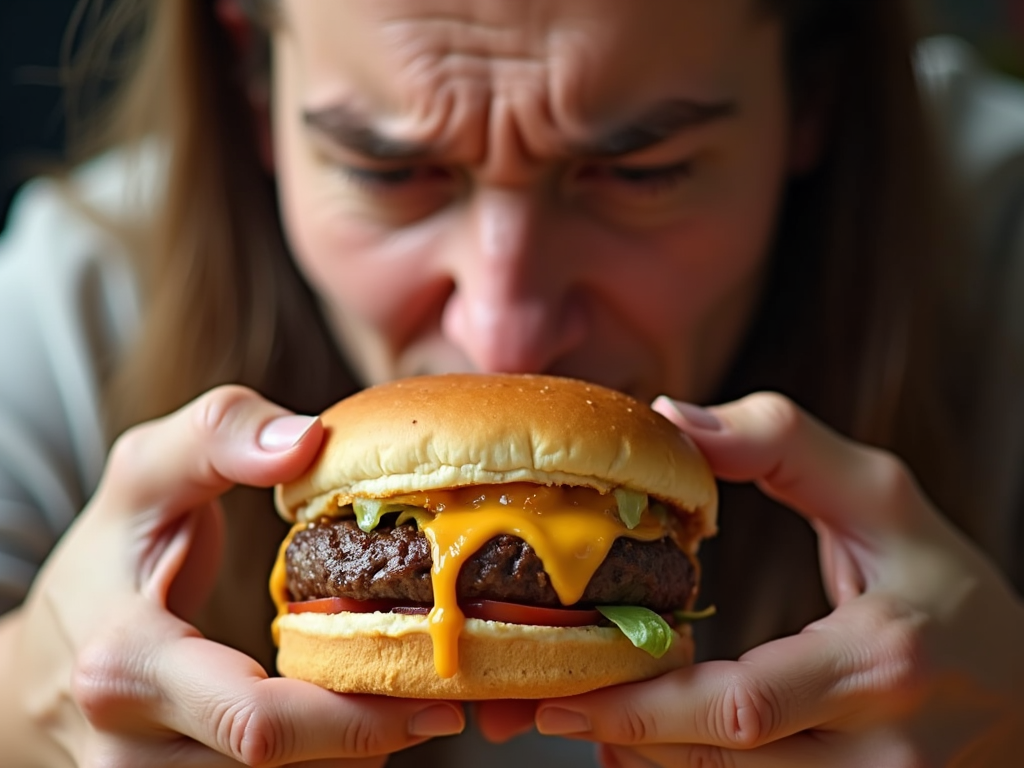Losing weight is a goal for many, but it’s tough to find what works. This article dives into Effective Weight Loss Strategies—think aversion therapy, behavioral therapy, and family therapy. We’ll break down how these methods can help you shed pounds and keep them off.

Weight loss isn’t just about cutting calories or hitting the gym. It’s about finding a plan that fits your life. Some people swear by strict diets, but others need something deeper—like therapy-based approaches. Let’s explore three strategies that tackle the mind, habits, and even your family’s role.
Aversion Therapy: Ever heard of aversion therapy for weight loss? It’s a technique where you link a bad feeling to a habit you want to ditch. Say you can’t stop eating chips. With Aversion Therapy, you might picture the grease clogging your arteries or feel queasy just thinking about it. Over time, your brain starts to say ‘no thanks’ to those cravings.
How does it work? You could use mental tricks—like imagining the worst outcome of eating junk—or even pair the food with something unpleasant, like a bitter taste (safely, of course). Studies show it’s helped people cut back on smoking, so why not food? It’s all about rewiring your brain.

I knew someone who loved soda—couldn’t go a day without it. She tried aversion therapy by keeping a photo of her bloated stomach after a soda binge right on her desk. Every time she reached for a can, that image popped into her head. Within weeks, she was down to water and tea. It wasn’t easy, but it worked.
Behavioral Therapy: Next up is behavioral therapy. This one’s about changing how you act, step by step. You set clear goals—like eating five veggies a day—track what you do, and reward yourself when you succeed. Maybe it’s a new book after a week of hitting your targets.
Here’s a simple plan:
- Track it: Write down every bite or use an app.
- Set rules: No eating after 8 p.m.
- Reward wins: Treat yourself (not with food!).
Research says people who track their habits lose more weight. It’s like having a coach in your pocket.

A client of mine struggled with late-night snacks. She’d grab cookies without thinking. With behavioral therapy, she started logging her food and set a rule: kitchen closes at 7 p.m. After a month, she’d lost 5 pounds—and felt proud every time she skipped that midnight munch.
Family Therapy: Weight loss isn’t always solo. Family therapy looks at how your loved ones affect your habits. If your spouse loves pizza night and your kids beg for ice cream, it’s hard to stay on track. This approach gets everyone involved to support your goals.
Think about it: if your family cooks together or swaps fries for roasted veggies, it’s easier to stick with it. A study found people with supportive families lost more weight than those going it alone. It’s not just about you—it’s about the team.

I saw this firsthand with a couple I worked with. He wanted to lose weight, but she kept baking cookies ‘for the kids.’ In family therapy, they talked it out. Soon, the whole crew was making smoothies instead. He dropped 10 pounds, and the kids loved their new ‘treats.’
Beyond these therapies, little habits add up. Try these:
| Tip | How It Helps |
|---|---|
| Eat slowly | Gives your brain time to feel full |
| Move daily | Burns calories, boosts mood |
| Sleep well | Keeps hunger hormones in check |
Mix these with therapy, and you’ve got a solid plan.

Here’s the truth: Effective Weight Loss Strategies depend on you. Aversion therapy might kill your soda habit. Behavioral therapy could fix your snacking. Family therapy might get your crew on board. Test them out, tweak what fits, and stick with it. You’ve got this.
Discuss Here